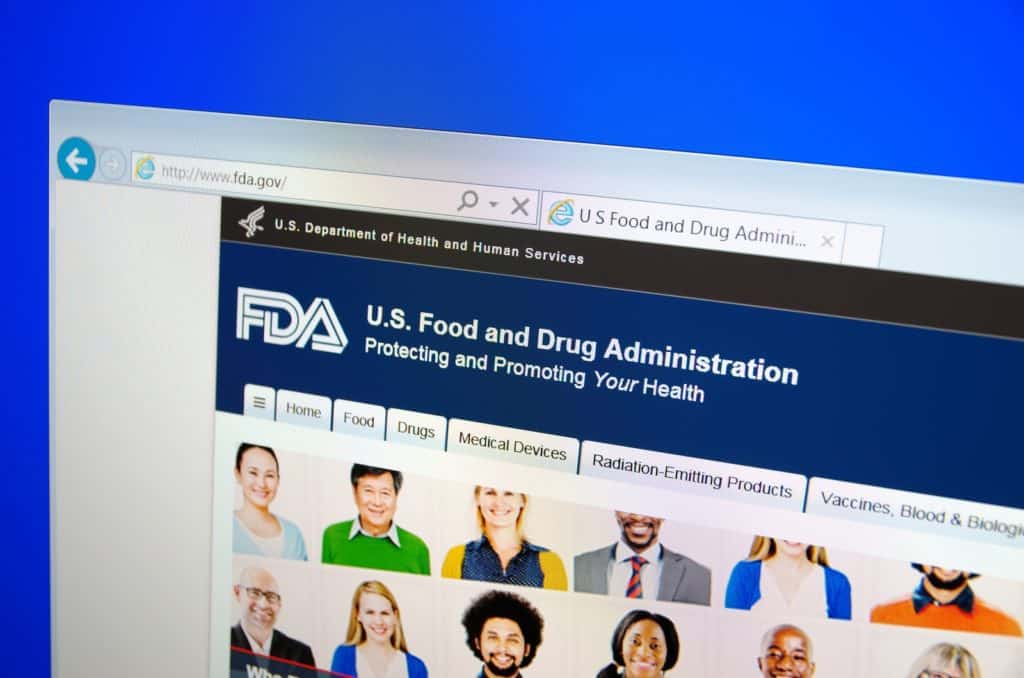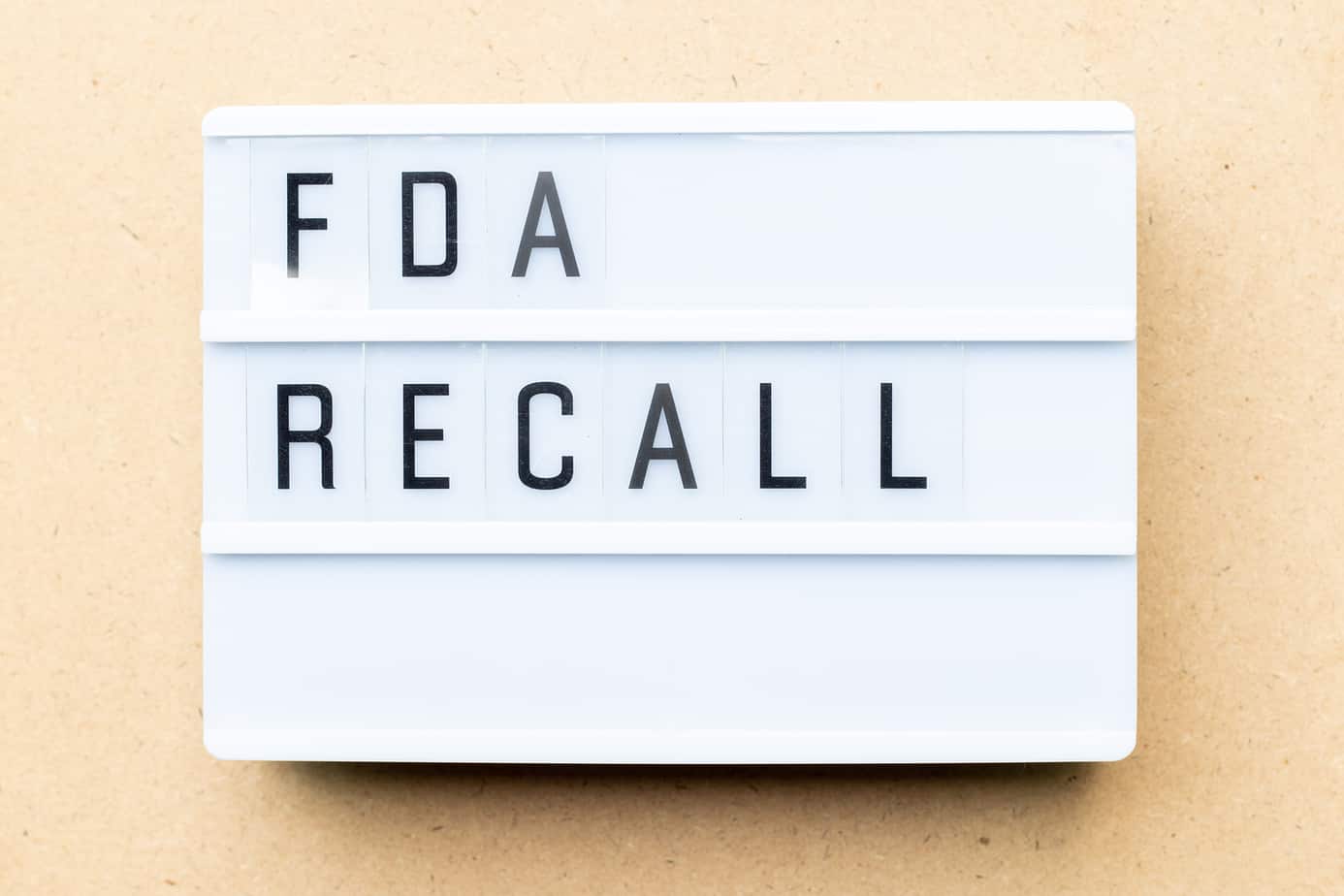The Food and Drug Administration (FDA) has announced plans that will impact the $40 billion dietary supplement market. The goal of the FDA is to help alert consumers of supplements that may contain potentially dangerous ingredients.
Misleading supplements will also be identified, as the FDA sent out warning letters to over a dozen companies that claim their products can help treat Alzheimer’s disease.
Dietary supplements are one of the leading supplement types that include unapproved ingredients. One study of 776 supplements found that 150 companies were manufacturing supplements with unapproved ingredients, many of which had FDA warnings.
In over 20% of the examined supplements, more than one unapproved ingredient was found. These ingredients are not pharmaceutical grade and have not been tested by the FDA.
Commissioner Scott Gottlieb calls the new plan to strengthen the agency’s oversight of the market one of the most significant changes to oversight and regulation in the supplement industry in more than 25 years.
Choices in the supplement industry have risen from 4,000 to over 80,000 in the past 25 years, and the number of potentially dangerous products or ingredients have also grown. The agency claims that there are a number of companies that are making misleading claims or marketing dangerous products to consumers.
New dietary ingredient notifications will require all manufacturers to notify the FDA of any ingredients in their supplements that weren’t sold in the United States prior to 1994. The FDA claims that these notifications will allow the agency to evaluate new ingredients before they become publicly available to consumers. The main goal is to provide transparency and safety to consumers.
The Botanical Safety Consortium will also be created and will include both public and private sector entities. The Consortium will be responsible for evaluating mixtures and botanical ingredients in supplements.
The group will also use state-of-the-art technology tools to evaluate ingredients and use non-animal testing options.
Gottlieb claims that the current speed of the supplement market has outpaced FDA policies, which is why the agency is preparing to modernize their approach to the supplement industry.
New enforcement measures will continue to be rolled out over the coming months, and this will also include a rapid-response tool, which is meant to help notify the public of any serious concerns for a supplement.
Misleading claims and false marketing have been a major issue in the industry, especially in the diet sector, which overstates the benefits that many of the sector’s supplements produce.



